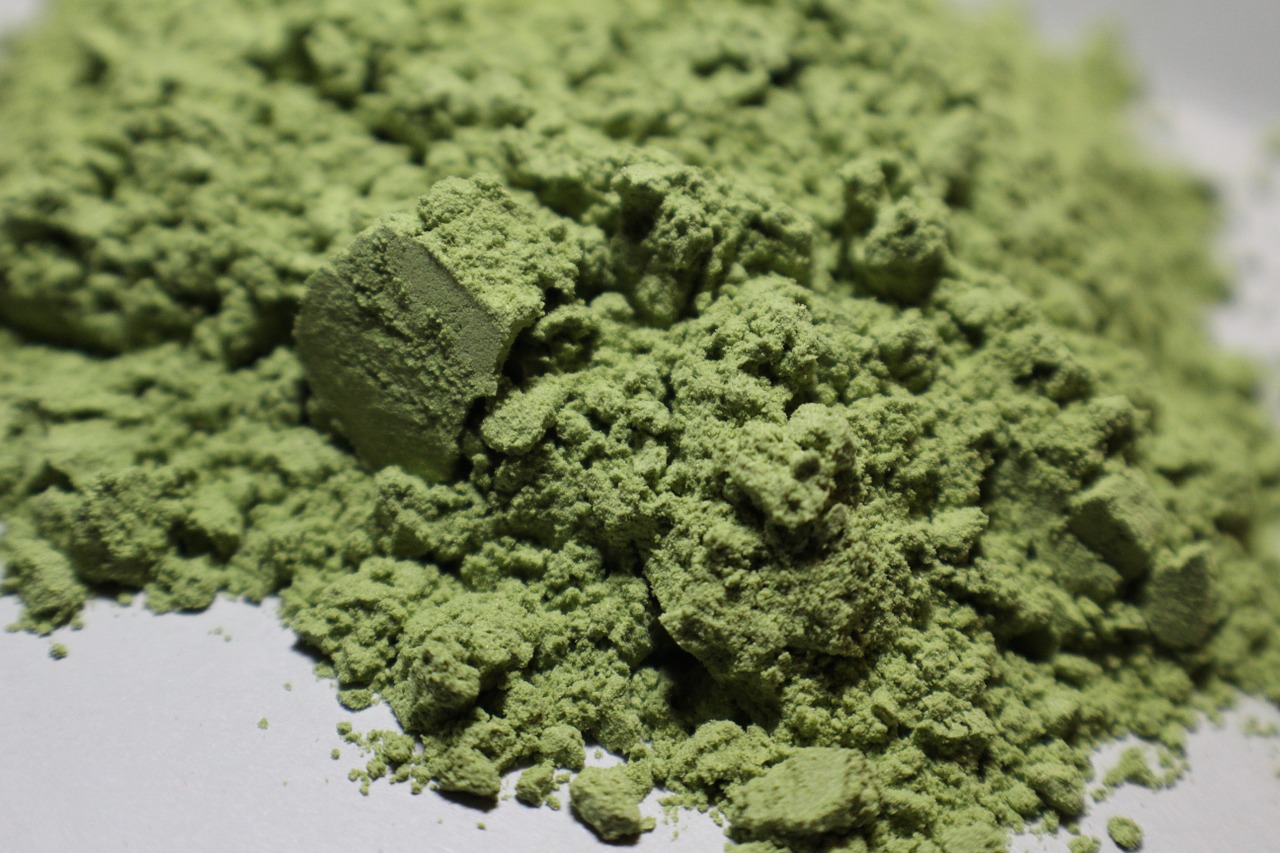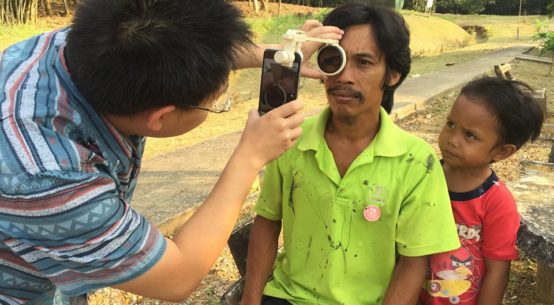
Auckland – Leading national food and beverage innovators say non-dairy powdered food products are in high demand world-wide and New Zealand needs to act quickly to take advantage of an untapped export growth opportunity.
The New Zealand Food Innovation Network report released this week explores food products in the non-dairy sector, the consumer demand for powdered versions of food by-products and the technology solutions required for New Zealand to produce these products.
Food and beverage products contributed $30.7 billion export revenue in 2014, almost half of New Zealand’s total export value of $66.2 billion.
The report says, while this is an impressive statistic, there is major opportunity for New Zealand to be a global food and beverage exporter in the significantly untapped non-dairy powder space.
“Consumers are increasingly looking to food for additional health benefits to help fight disease or ageing and the by-products from common foods produced in New Zealand like kiwifruit, grape and avocado could be better used to help grow the economy.
“The volume of grape by-product produced in New Zealand is substantial and of real interest to the industry. The active components in grape seed extract are known for their antioxidant activity and there are studies claiming antibacterial, antiviral and anti-inflammatory benefits. The current average price for grape skin powders is $40 per kilogram upwards,” the report says.
New drying technology
NZ Food Innovation Network’s The FoodBowl chief executive Alexandra Allan says the production of non-dairy powdered food products is predicted to play an increasing role in New Zealand’s export profile but a lack of technology is currently holding the industry back.
“The health ingredients and functional foods industry within New Zealand is still relatively small compared to international standards and we are missing out on a huge global market opportunity. Spray drying and freeze drying are well understood techniques accessible in New Zealand but there are new drying technologies that are not currently available that would offer more viable solutions for business owners to enter the market.
“Drying technologies allow growers to make use of by-products that would normally be discarded. Kiwifruit growers, for example, are paid by the fruit size and must remove small and odd shaped fruit to meet export demands. When yield is impacted by bad weather conditions, fruit that would normally be discarded could still provide an income.
“Green kiwifruit is associated with digestive health benefits and provides a strong future growth opportunity for fruit growers,” Allan says.
 The report determined that for new drying technologies to be fully assessed from a business perspective, businesses need access to pilot scale plants for process simulation and product prototyping. Pilot drying facilities are available across The Food Innovation Network for this prototype work.
The report determined that for new drying technologies to be fully assessed from a business perspective, businesses need access to pilot scale plants for process simulation and product prototyping. Pilot drying facilities are available across The Food Innovation Network for this prototype work.
It acknowledges the opportunity for a non-dairy toll manufacturing plant but states this would take a collaborative effort and key industry players would need to come together to invest in commercial scale facilities.
The non-dairy powders in New Zealand report was initiated by New Zealand Food Innovation Network with support from Bioprocessing Alliance, Plant & Food, Callaghan Innovation and AgResearch.
View the full report: http://foodinnovationnetwork.co.nz/evaluating-opportunity-development-non-dairy-powders
About New Zealand Food Innovation Network
NZ Food Innovation Network is a national network of facilities and in-depth knowledge supporting New Zealand’s food and beverage industry. The network is made up of four regional food product development centres: The FoodBowl, FoodWaikato, NZFIN Hawkes Bay, The FoodPilot and Food South. Each centre has a different focus depending on the needs, maturity, strengths and capabilities of local businesses.
For further information, contact Make Lemonade news editor Janelle Blythe.


